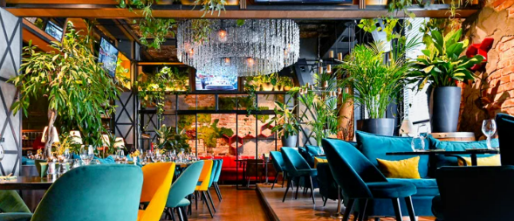Competition, says Marius Zürcher, is a rising tide that lifts all boats and embracing competition pushes companies to become stronger, better and more innovative
Competition is an important part of the economy, and therefore also the hospitality industry. Those who have studied economics courses already know why, whereas others might have heard the claim, but never quite understood why. This month’s article is for the latter.
To put it very simply: for consumers, competition leads to lower prices, higher-quality goods, better services, more innovation, and more choices. For employees, it leads to better, higher paying jobs.
After all, if consumers and those looking for work have a lot of options, companies need to – here it comes – compete for their attention. But what about companies? Although happy customers and happy employees is what they should strive for, and definitely the root cause of longevity, companies nevertheless are often tempted by monopolies or oligopolies, i.e. markets in which there is little to no competition.
This is famously the case in big tech, the energy industry, and the automotive industry, but it’s also something that can be observed in hospitality. After all, how many restaurants do you know that are happy when new restaurants are setting up shop on the same street? As someone who grew up in hotels and restaurants, I have seen a lot of animosity towards the new restaurant on the block, whether that block was in a major European city or a small village in the Alps. That is too bad. After all, competition is good for consumers and employees, and for companies.
A wake up call
As mentioned, in general, happy consumers and employees are good for business and a source of longevity, but in the case of hospitality, there’s even more to consider. To illustrate, let’s have a look at that small village in the Alps. How many more visitors would the village attract if there were a larger number of restaurants and hotels, each highlighting their unique selling points in an effort to attract customers? Surely, enough for the restaurant that was there first to profit from the increased traffic. Unless, of course, it has lost its way as an employer and service provider, because it never had to compete for customers or employees before. Even in such a case, the wake-up call that is new competition might be exactly what is needed.
By and large, hospitality businesses depend on either tourists or on people that live and/or work near them, and more than by anything else, all three groups are attracted by a flourishing hospitality industry. Therefore, if you recognize yourself (or, if you are a consultant, recognize your clients) in the instinctive animosity towards new competitors, try to adjust your mindset (or your clients’ mindsets). Try embracing competition as something that pushes you to become stronger, better and more innovative. A rising tide lifts all boats.
Marius Zürcher







